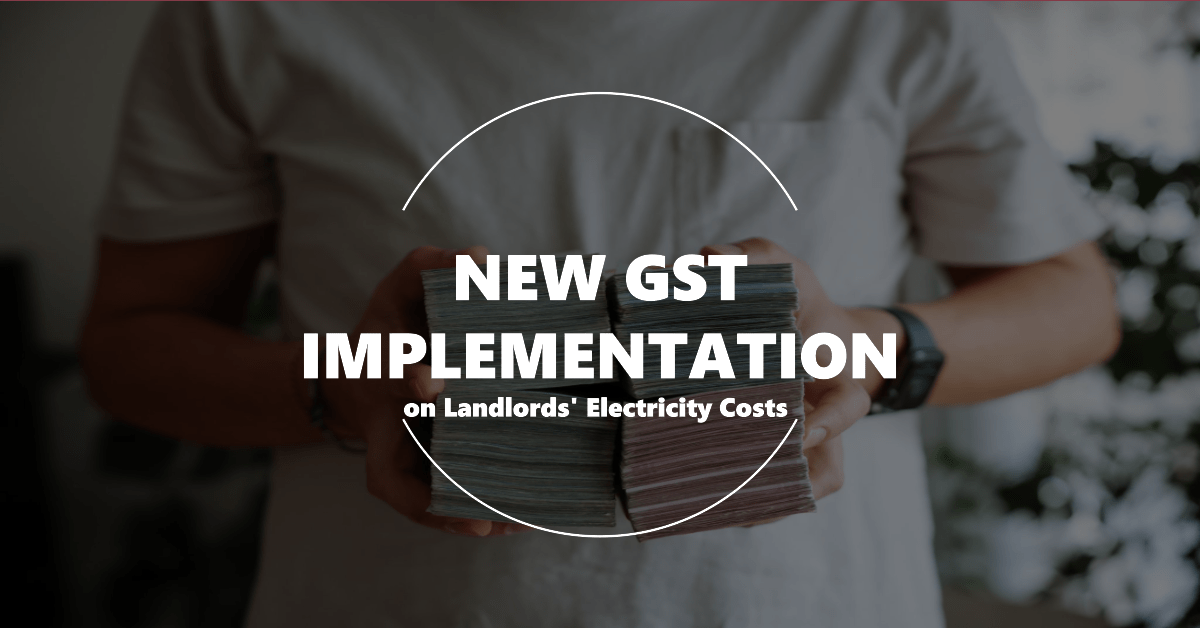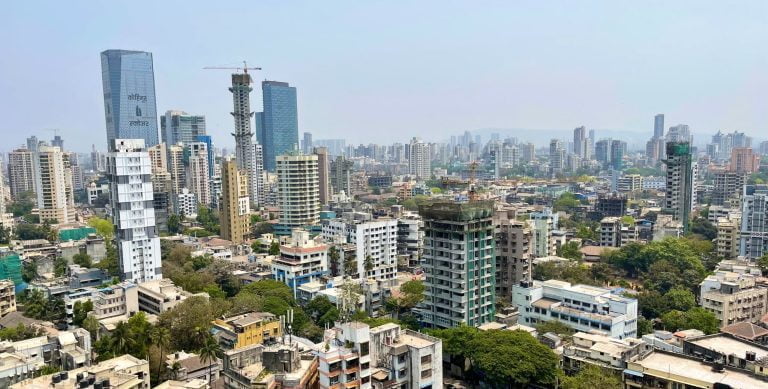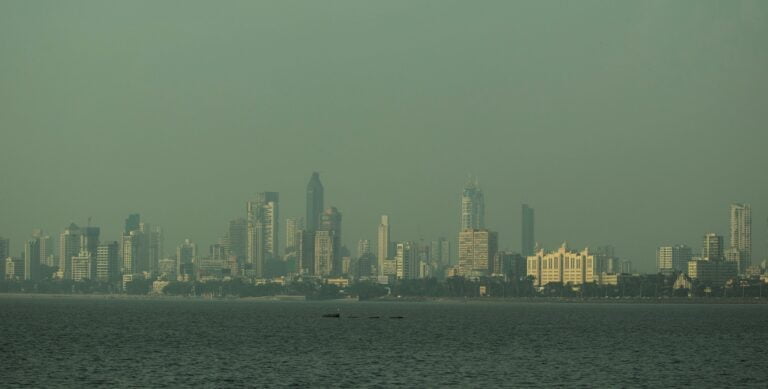This recent government circular mandates that every landlord renting out property, if collecting electricity charges from tenants, must also levy GST on these charges.
According to a circular released by the Central Board of Indirect Taxes and Customs in November 2023, lessees of commercial properties will be responsible for remitting an 18% GST on reimbursed electricity expenses collected by real estate firms, malls, and airport operators from their lessees. The bundling of electricity charges with rent or maintenance fees will be considered a composite supply, subject to an 18% Goods and Services Tax (GST).
What does the term “composite supply” signify?
According to Section 2(30) of the Central Goods and Services Tax Act (“CGST Act”), a “composite supply” refers to a supply executed by a taxable individual to a recipient. It comprises two or more taxable supplies of goods or services or both, or a combination thereof. These supplies are naturally bundled and provided together in the usual business practice, wherein one of these supplies is considered the principal supply.
However, if the electricity is provided separately by property owners, residents’ associations, or real estate developers acting as a “pure agent,” and the charges reflect the actual amounts billed by state electricity boards or distribution companies (discoms), it will not attract GST as a composite supply.The clarification also specifies an exemption from GST for residents residing in a housing society. In scenarios where the supply of electricity is facilitated by property owners, resident welfare associations (RWAs), or real estate developers acting as pure agents, the value of their supply will not include these electricity charges. Additionally, if they bill for electricity on an actual basis, aligning their charges with the amounts levied by the State Electricity Boards or DISCOMs, they will be considered as acting purely as agents for this specific supply.
Source:
https://www.businesstoday.in/latest/economy/story/gst-to-be-levied-if-rent-or-maintenance-fee-includes-electricity-charges-404185-2023-11-01
According to a circular released by the Central Board of Indirect Taxes and Customs in November 2023, lessees of commercial properties will be responsible for remitting an 18% GST on reimbursed electricity expenses collected by real estate firms, malls, and airport operators from their lessees. The bundling of electricity charges with rent or maintenance fees will be considered a composite supply, subject to an 18% Goods and Services Tax (GST).
What does the term “composite supply” signify?
According to Section 2(30) of the Central Goods and Services Tax Act (“CGST Act”), a “composite supply” refers to a supply executed by a taxable individual to a recipient. It comprises two or more taxable supplies of goods or services or both, or a combination thereof. These supplies are naturally bundled and provided together in the usual business practice, wherein one of these supplies is considered the principal supply.
However, if the electricity is provided separately by property owners, residents’ associations, or real estate developers acting as a “pure agent,” and the charges reflect the actual amounts billed by state electricity boards or distribution companies (discoms), it will not attract GST as a composite supply.The clarification also specifies an exemption from GST for residents residing in a housing society. In scenarios where the supply of electricity is facilitated by property owners, resident welfare associations (RWAs), or real estate developers acting as pure agents, the value of their supply will not include these electricity charges. Additionally, if they bill for electricity on an actual basis, aligning their charges with the amounts levied by the State Electricity Boards or DISCOMs, they will be considered as acting purely as agents for this specific supply.
Source:
https://www.businesstoday.in/latest/economy/story/gst-to-be-levied-if-rent-or-maintenance-fee-includes-electricity-charges-404185-2023-11-01




